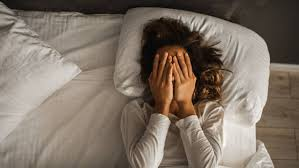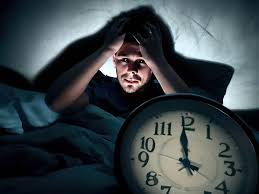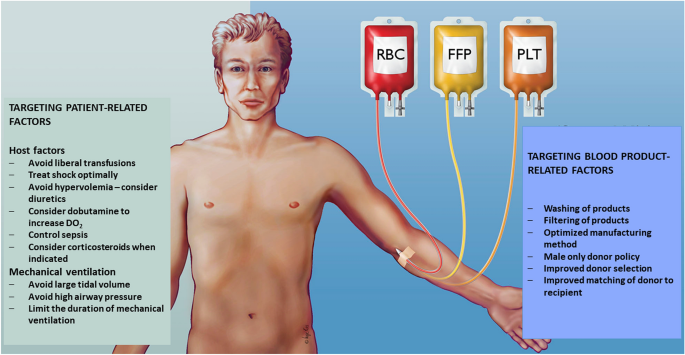When we talk about health, we usually think of both physical and mental health. In these two areas, the role of sleep cannot be ignored. This article will take an in-depth look at the relationship between sleep and insomnia and how they impact our mental health and sleep hygiene.
First, let’s understand the basic concepts of sleep and insomnia. Sleep is a necessary rest process for the human body. It helps us restore our physical strength and spirit, and also helps regulate memory and emotions. Insomnia refers to the inability to fall asleep or stay asleep despite adequate opportunities for sleep. Symptoms of insomnia include difficulty falling asleep, frequent awakenings during the night, and early awakenings.
When we talk about sleep and mental health, we must recognize the significant impact sleep has on mental health. Adequate sleep contributes to mood stability and mental health, while insufficient sleep can lead to mood instability, anxiety, and depression. Insomnia not only causes physical fatigue and difficulty concentrating, it can also trigger a range of mental health problems. Therefore, paying attention to insomnia is as important as maintaining mental health.
Next, let’s talk about sleep hygiene. Good sleep hygiene helps us get better sleep quality. Creating a comfortable sleeping environment, including keeping the bedroom quiet, cool, dark, and using a comfortable mattress and pillow, can all help improve the quality of our sleep. In addition, establishing a regular sleep schedule and ways to relax before going to bed, such as taking a hot bath and listening to relaxing music, can also help us get better sleep.
How should we deal with insomnia? First, we can try to relieve the symptoms of insomnia by relaxing our body and mind. For example, practicing relaxation exercises like deep breathing, yoga, or meditation can help relieve tension and anxiety. In addition, it is also very important to maintain a normal work and rest schedule and a regular biological clock. If insomnia is severe, we may want to consider seeking professional help, such as consulting a psychiatrist or sleep specialist. However, we need to be wary of over-reliance on sleeping pills, as this may lead to drug dependence and have a negative impact on physical health.
Overall, sleep and insomnia have a profound impact on our physical and mental health. In order to maintain our health, we need to realize the importance of sleep and take active measures to ensure the quality of our sleep. By understanding and improving our sleep hygiene habits and adopting effective coping strategies to deal with insomnia, we can further improve our physical and mental health.
Let's work together to create a healthier, more active lifestyle. While paying attention to physical health, we should also pay attention to our mental health and the important role sleep plays in it. Let each of us be the guardian of our own healthy life and make good sleep an important part of our lives.



